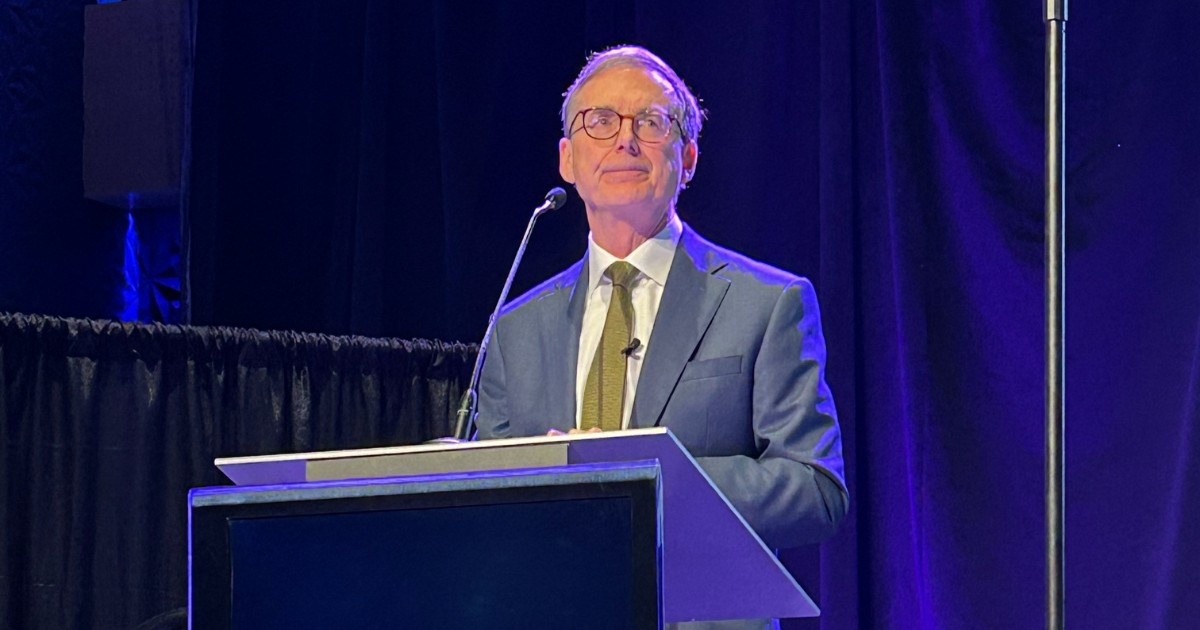As cities grow, so must their parks. This is the underlying logic of s.42 of Ontario’s Planning Act. Even if one is not a municipal planner (or not a particularly outdoorsy person), one can usually recognize that parks offer value to everyone. Beyond being beautiful green spaces, they provide economic, environmental and recreational benefits to a city and its residents. Spending time at a park allows one to take a relaxing break from the busy bustle of city life by walking a dog, playing sports, having a picnic or just generally appreciating nature. In this way, parks are integral parts of happy and healthy cities.
Yet, real estate development causes pressure to be put on a city’s parks, as it typically leads to increased population density, which means that existing parks have to serve more and more people. Accordingly, s.42 of the act gives municipalities a mechanism to continually expand and enhance their parks or create new ones. It can be used to compel all developers to convey two to five per cent of their development or redevelopment land to the city for parkland or other public recreation purposes.
Alternatively, the municipality can insist on the developer paying cash-in-lieu of the conveyance. Most often, this payment equals the value of the parkland that would otherwise be conveyed. Cities usually exercise this option upon determining the conveyable land available is unsuitable for parks purposes, particularly in more urban areas where development sites tend to be smaller. Such cash-in-lieu payments are then held as reserve funds and earmarked for later parkland acquisition or development in other more appropriate areas.
But can real estate developers demand they be given the option of paying cash-in-lieu rather than conveying away valuable land? What if this is preferable for them, since they can then adjust for the cash-in-lieu payment on the closing of each unit developed and thus oblige the new purchaser to absorb some of the costs? Do developers have a say in the matter?
The short answer is “no”, as was decided by the Ontario Court of Appeal recently in CIBC v. Urbancorp (Leslieville) Developments Inc., 2020 ONCA 449. The decision concerns a developer being required by the City of Toronto to convey parkland, and then charging about $13,000 to $18,800 extra to each condominium unit purchaser as their proportionate share of the cost of the parkland conveyance. At issue was whether this “parks levy” was properly charged in accordance with each agreement of purchase and sale (APS) for each unit.
The CIBC decision is particularly notable for turning on the interpretation of certain consumer protection clauses included in the standard forms of the Tarion Warranty Corporation. These forms are widely used in Ontario for new homes and condominiums pursuant to the Ontario New Home Warranties Plan Act and are commonly appended to the APS for each unit in a development. Schedule B of the Tarion Addendum is meant to assist purchasers with calculating the final closing amount payable with certainty. It succinctly summarizes the various adjustments – such as property taxes, utilities charges and HST payable – included in the APS in longer-form clauses.
In this case, the Ontario Court of Appeal underlined the following portions of the parks levy clause from the APS:
“The Purchaser shall be responsible for the amount of any parks levy or any charges pursuant (to) a Section 37 Agreement (pursuant to the Planning Act), levied, charged or otherwise imposed with respect to the Condominium, the Property or the Unit by any governmental authority, which is equivalent to the common interest allocation attributable to the Unit as set out in Schedule “D” to the Declaration” (Emphasis in original).
Although the term “parks levy” is not defined in the applicable legislation, the court held that such levies are understood to be financial charges, particularly in the land development context. As the court held that the taking of property cannot be construed as a “parks levy” within the meaning of the aforementioned clause, the adjustments of approximately $13,000 to $18,800 per unit for the parkland conveyance were ruled as improper charges and ordered to be returned to the purchasers.
Part of the argument put forward on behalf of the developer at the ONCA was that the lower-level decision results in “commercial absurdity”. A hypothetical scenario was posited. If the City of Toronto had instead requested cash-in-lieu of the parkland conveyance, then the developer could have properly adjusted for the payments as parks levies and recovered these funds from the purchasers, while simultaneously generating additional revenue by either developing more units or selling the non-conveyed parkland to a third party. It was contended that such commercially anomalous results (akin to double-dipping) are the kinds that the principles of contractual interpretation were designed to avoid.
However, the court felt this hypothetical scenario was unrealistic, speculative and rested on the erroneous assumption that the developer had a choice in the matter. Instead, s.42 of the act clearly states that it is the municipality that “may require” either a parkland conveyance or cash-in-lieu. Moreover, if the developer had originally negotiated every APS to include language that expressly transferred any costs and potential risks associated with the land conveyance to the purchasers, then this issue would not have arisen and the adjustments would have been held as properly charged.
Ultimately, the ONCA sided with the motions judge’s decision, while noting he was “was alive to the consumer protection purpose of the Tarion Addendum”.
Respectfully, however, the posited hypothetical scenario does not seem that far off. If the developer had been lucky, the City of Toronto would have requested cash-in-lieu, the payment would have been adjusted for and recovered, and the non-conveyed land could be made profitable in other ways. It will be interesting to see whether developers more carefully draft their APS clauses in future to expressly cover both this hypothetical scenario as well as the ability to charge purchasers their proportionate share of a parkland conveyance.
Harjot Atwal is a Mortgage Agent (Level 1) with Ontario Lending Solutions (FSRA #13063). He is also a real estate lawyer and has published articles for Law360 Canada, Real Estate Magazine, Canadian Lawyer Magazine, CondoVoice Magazine, and Suhaag Magazine. You can reach him via e-mail.















